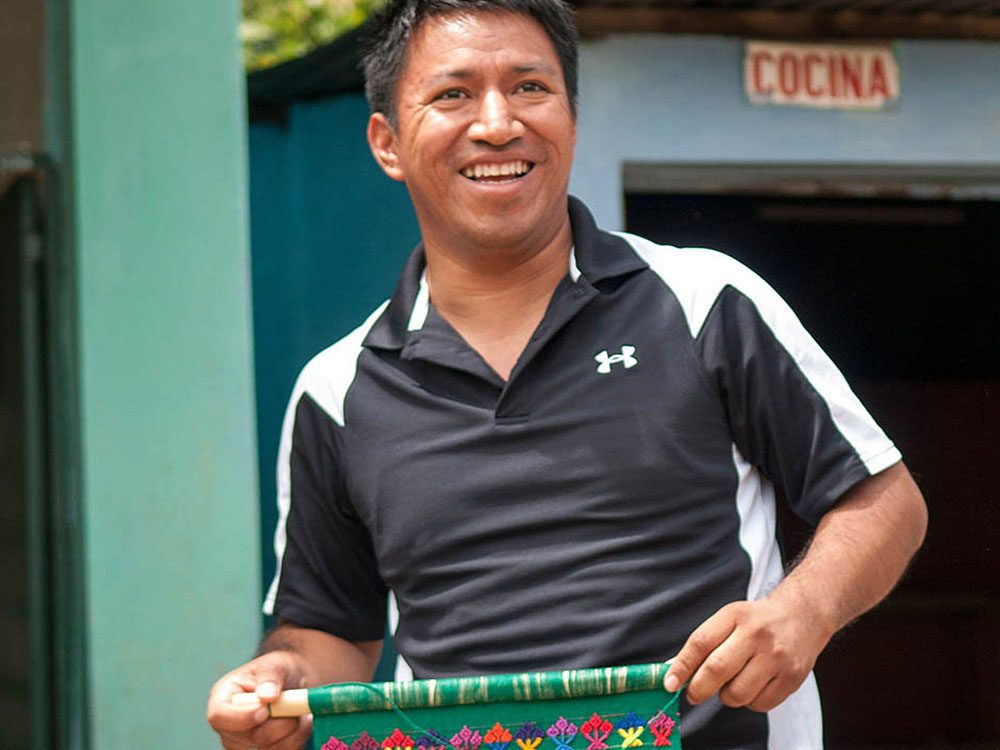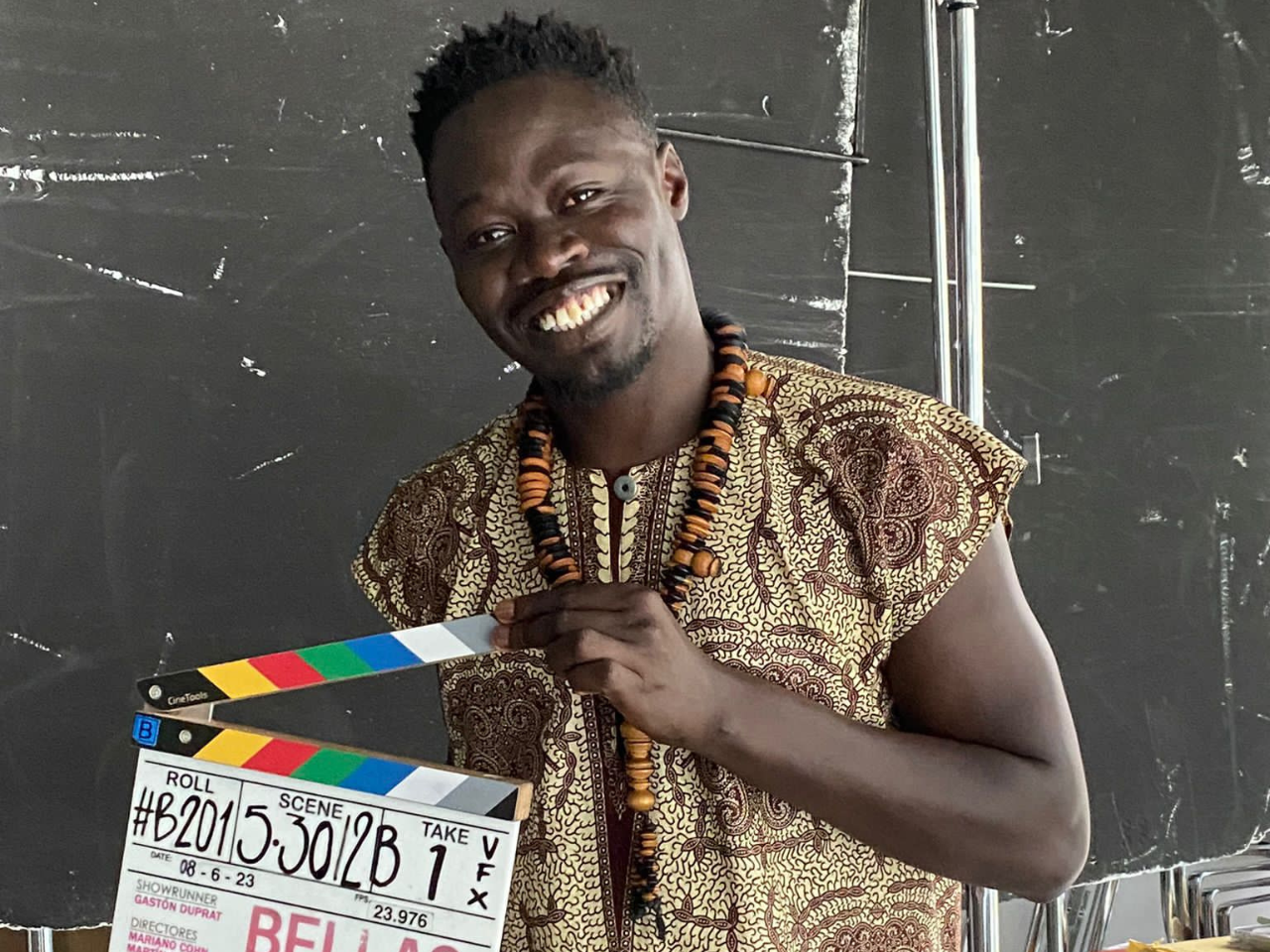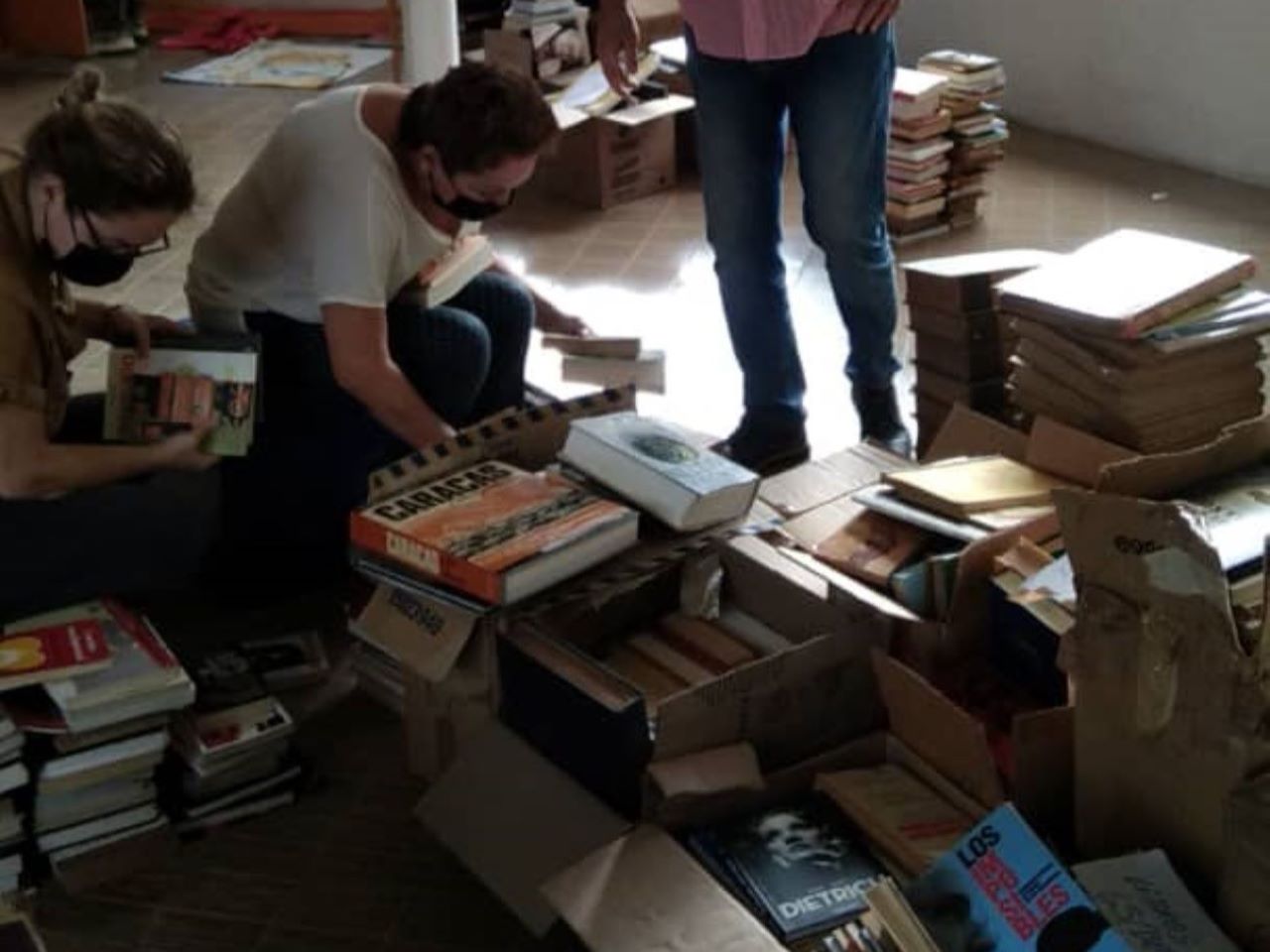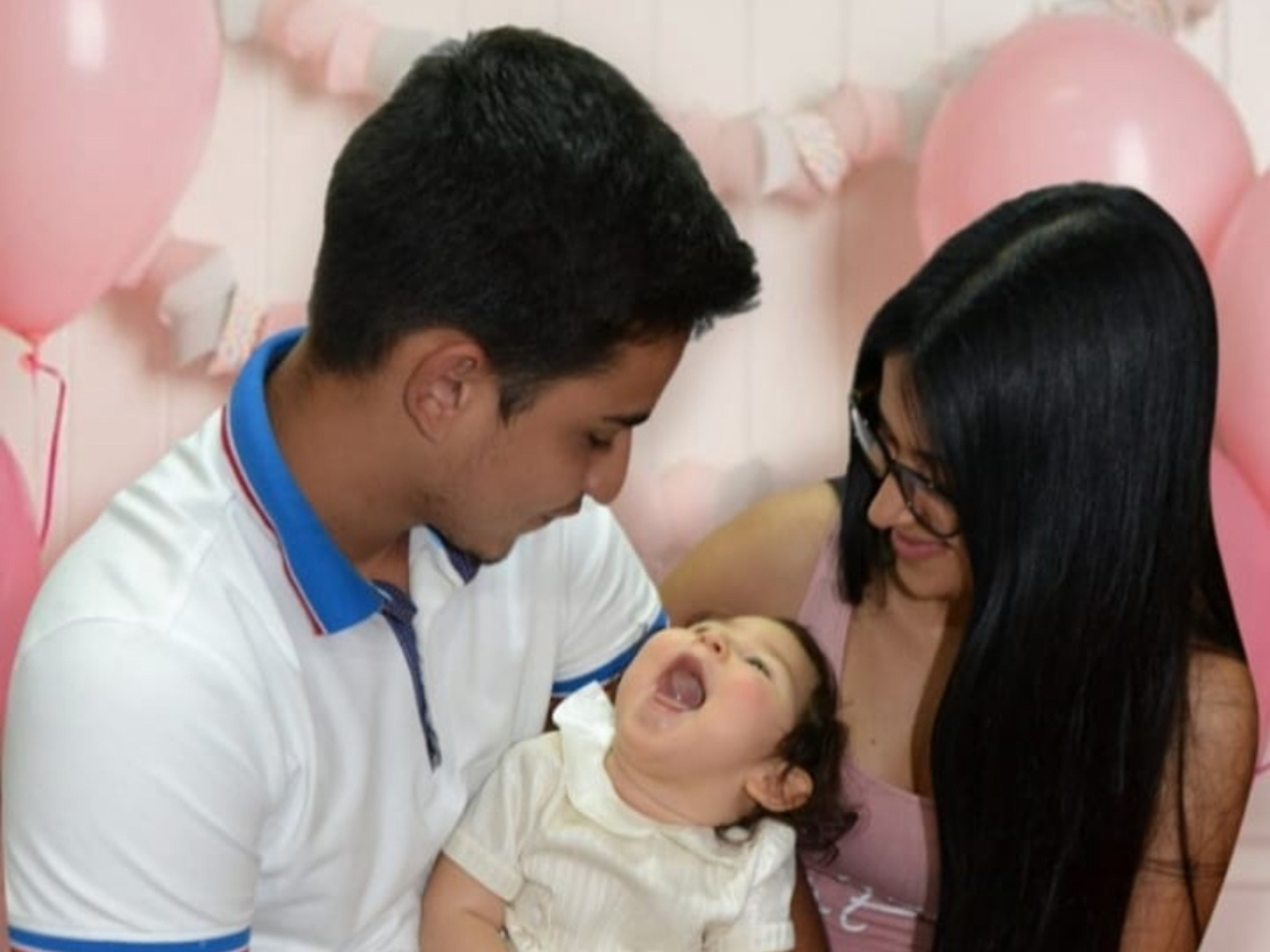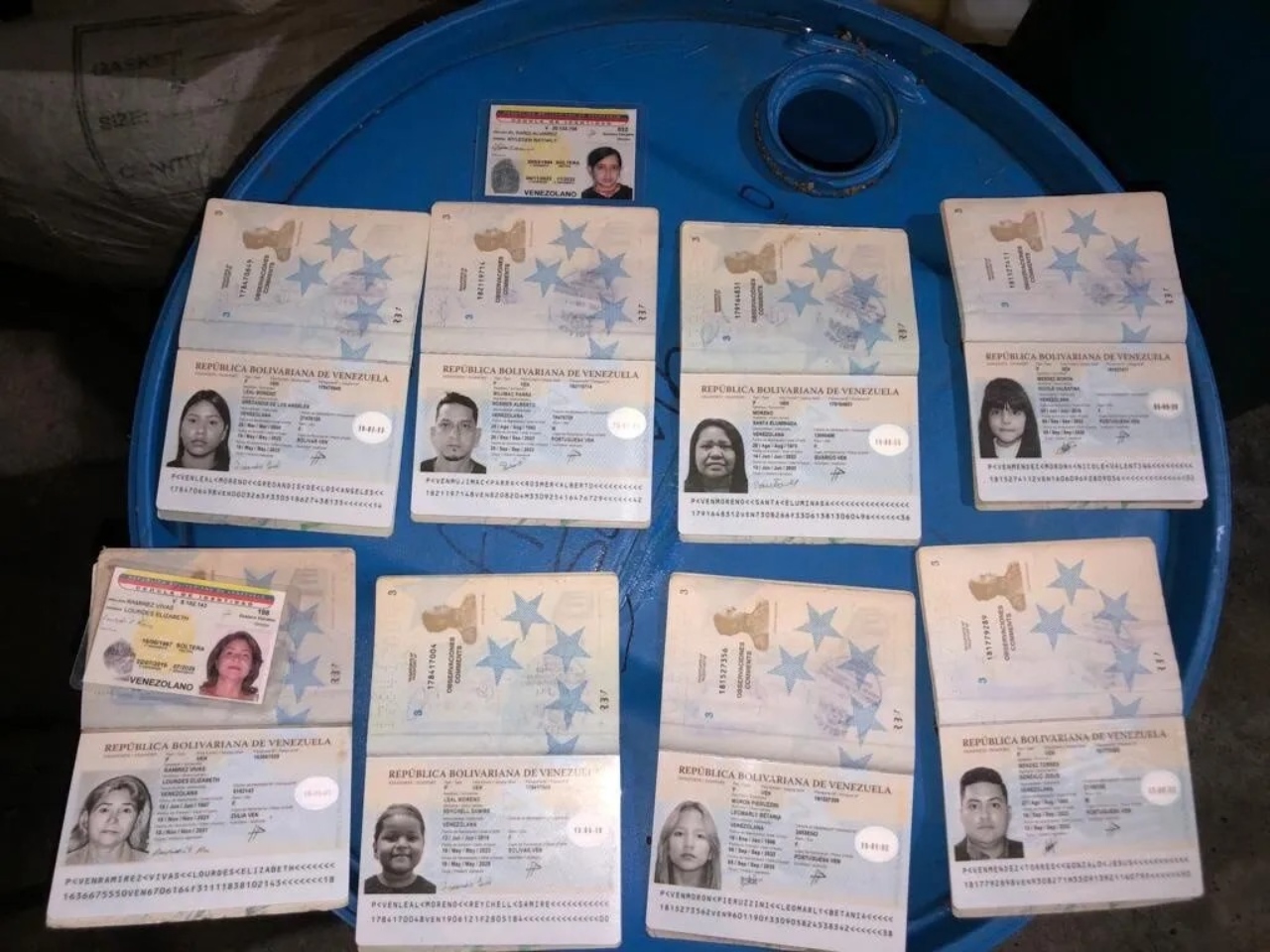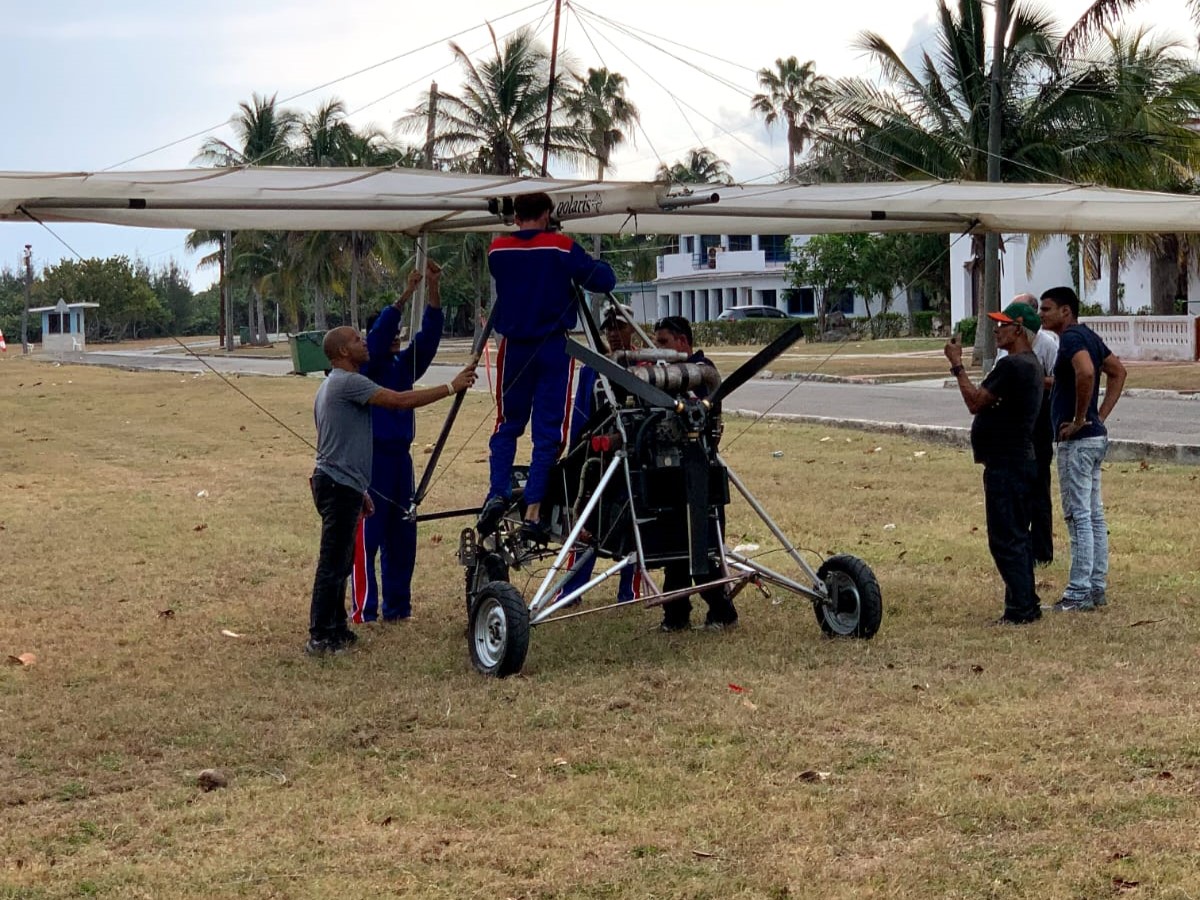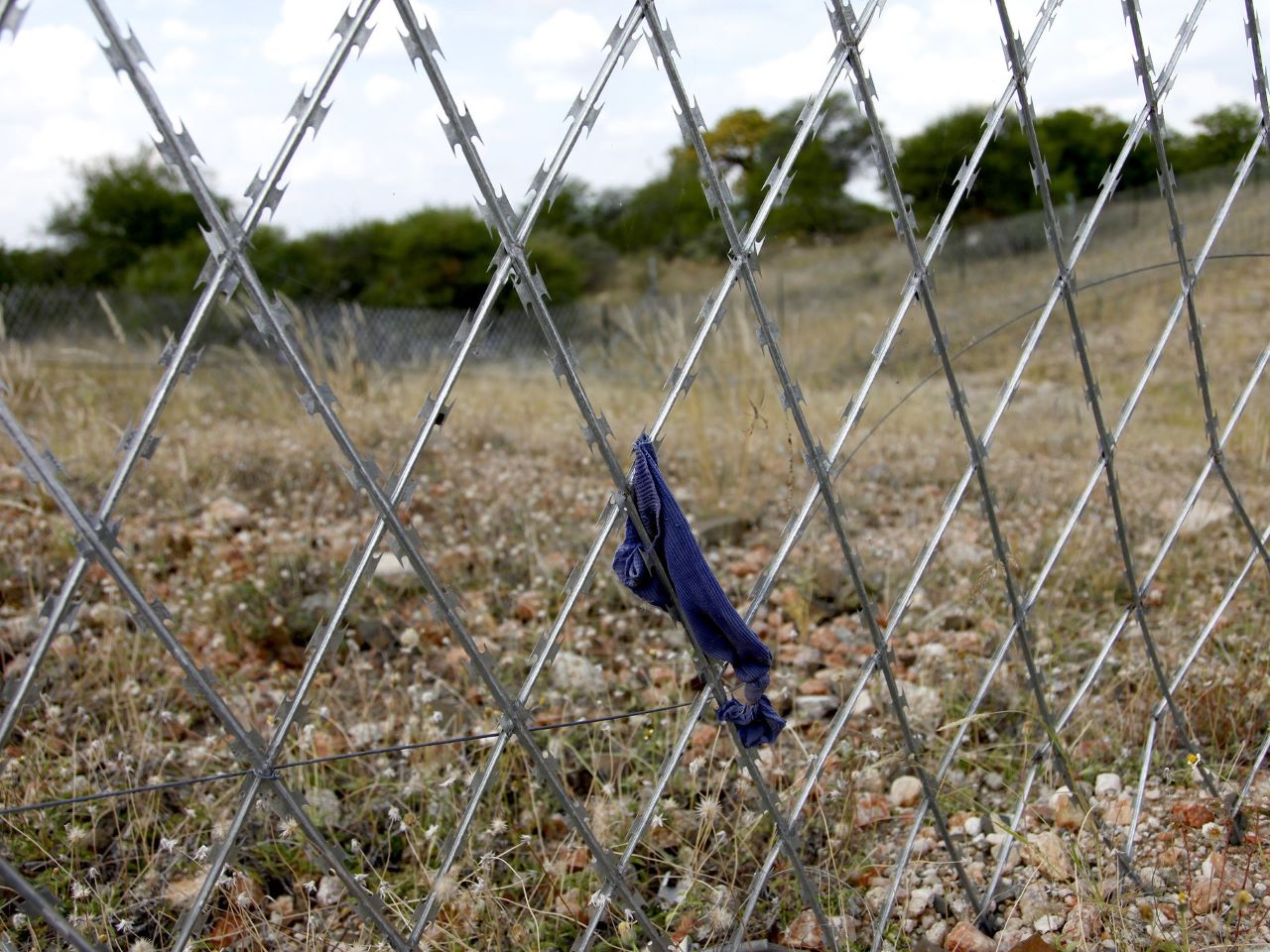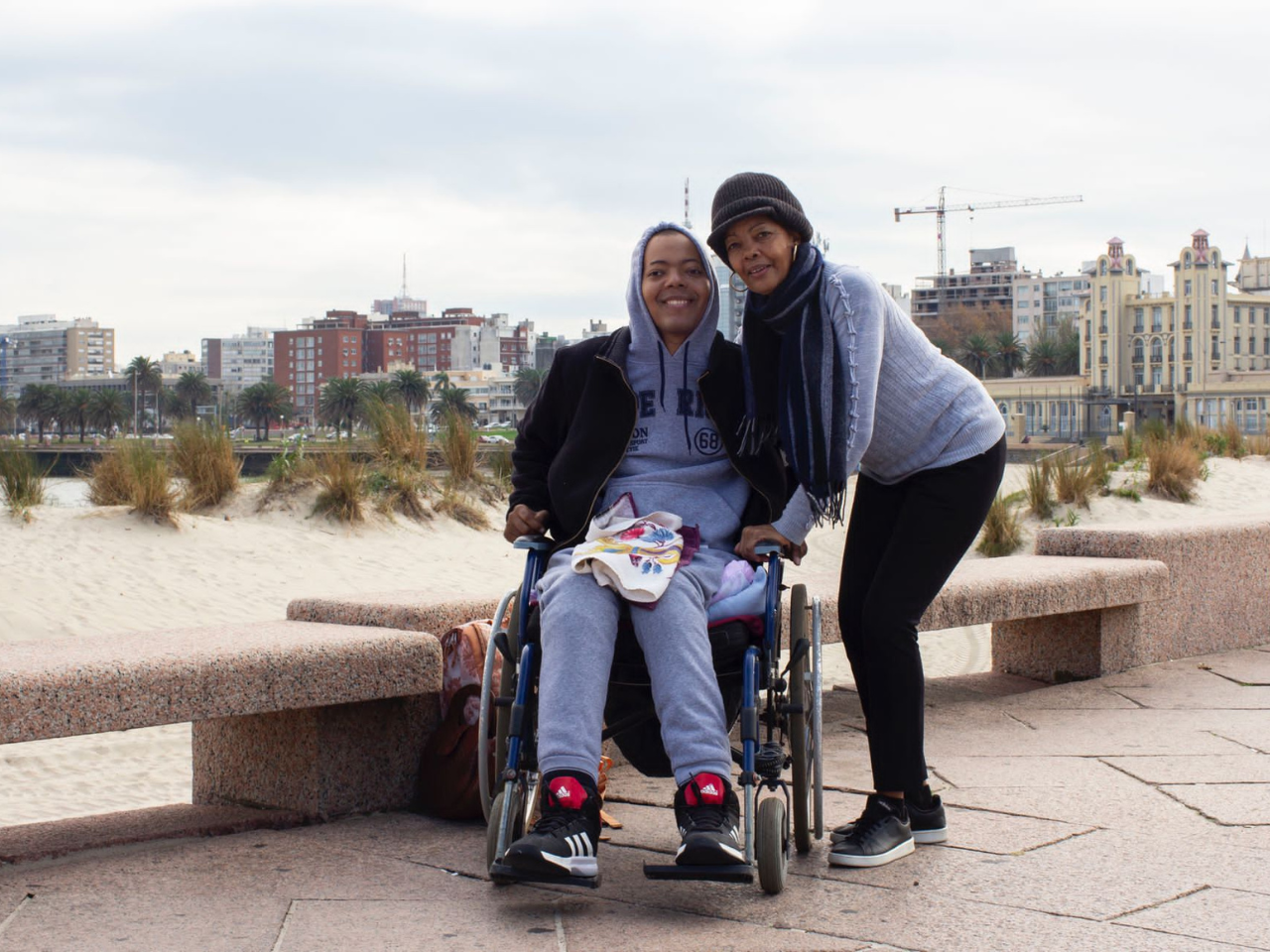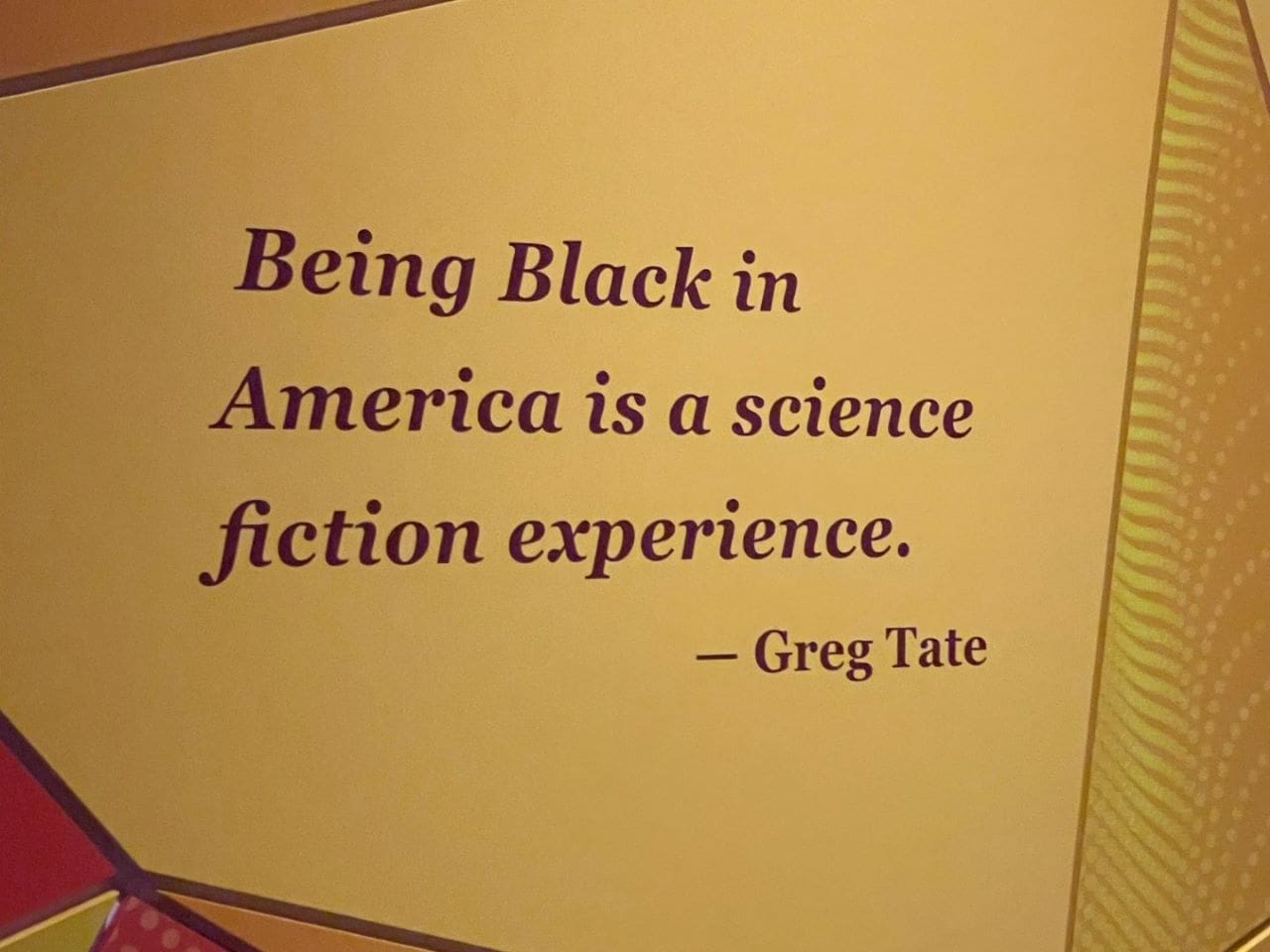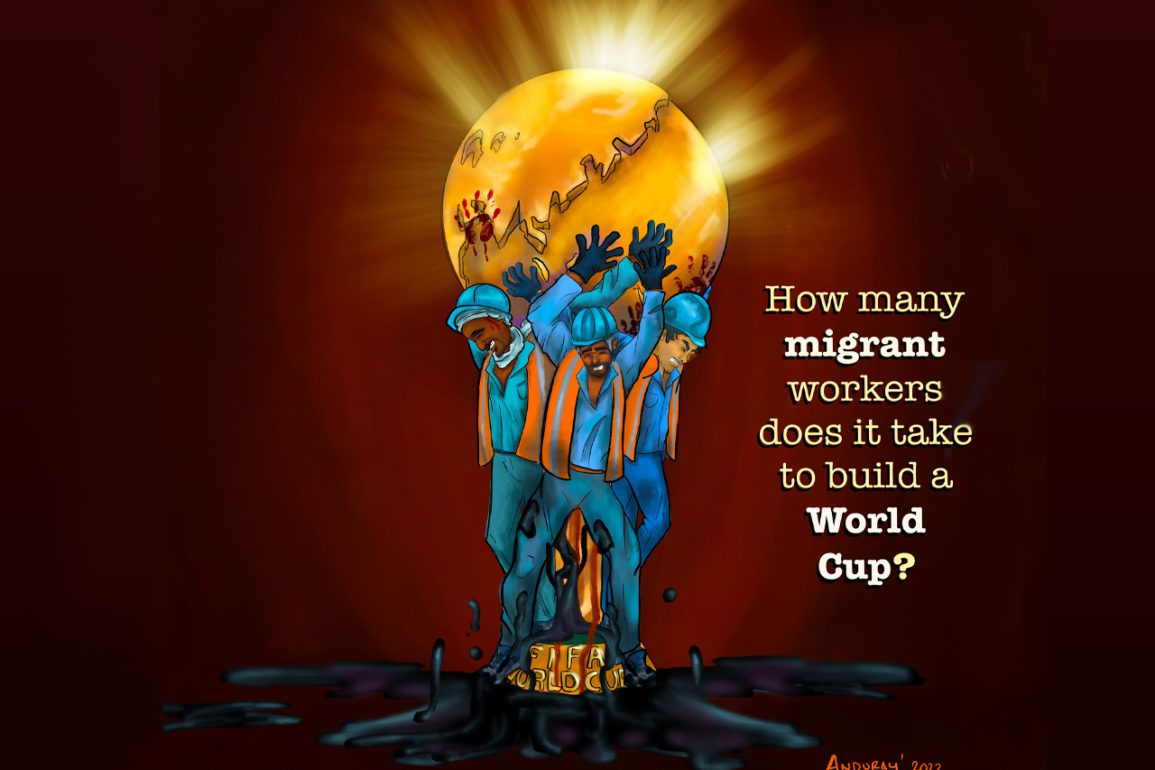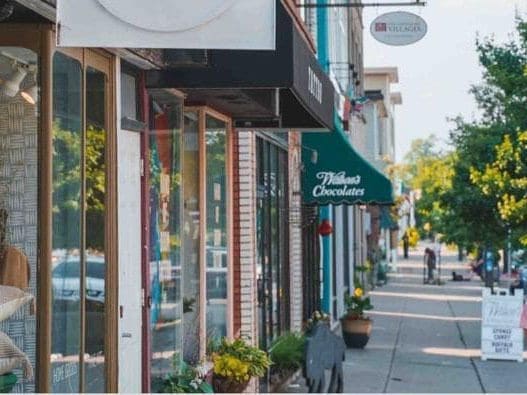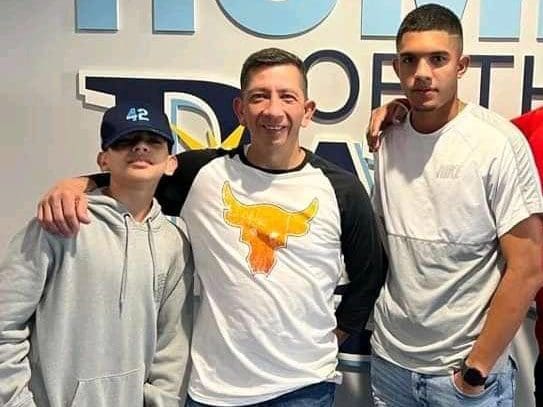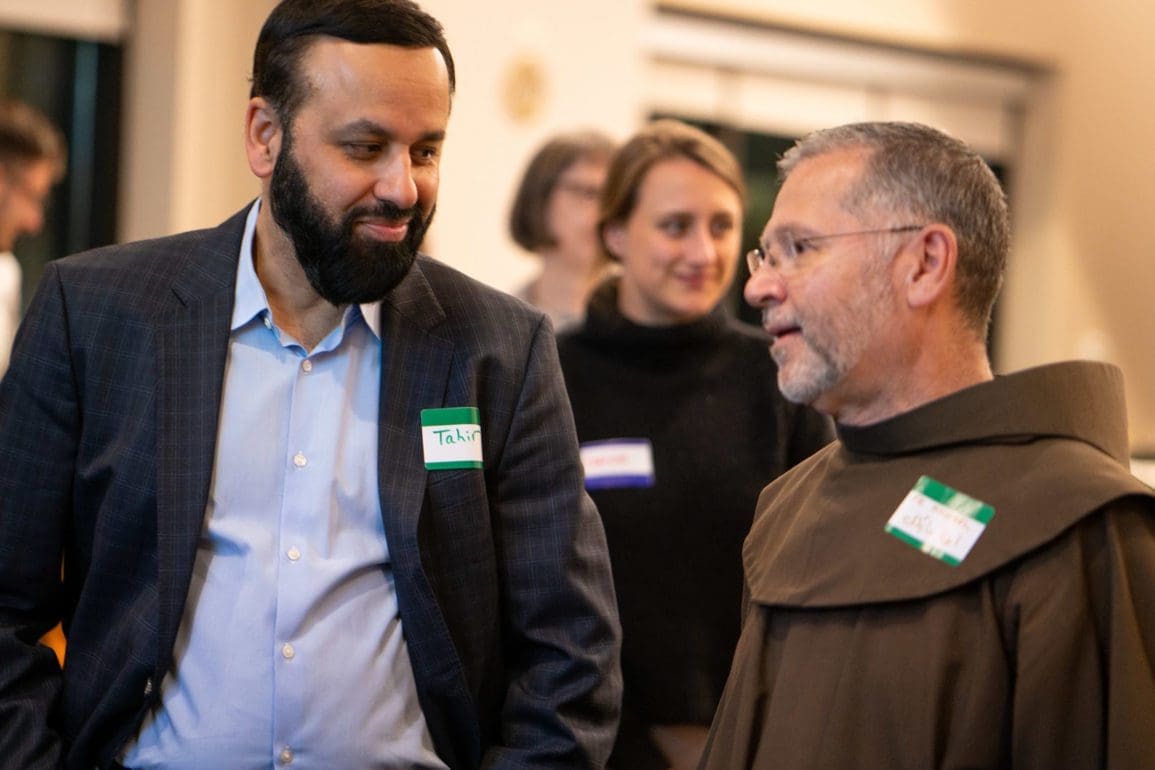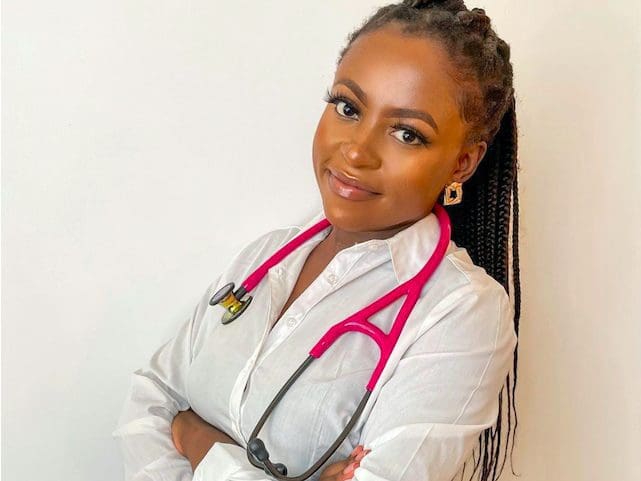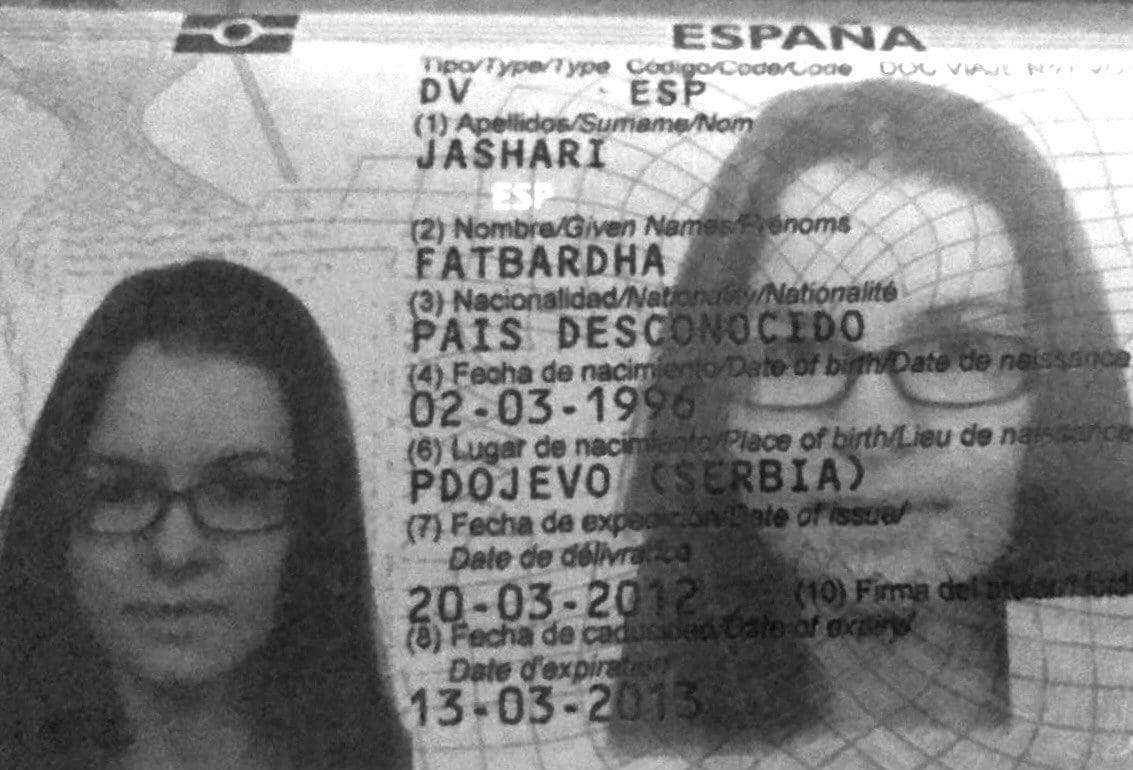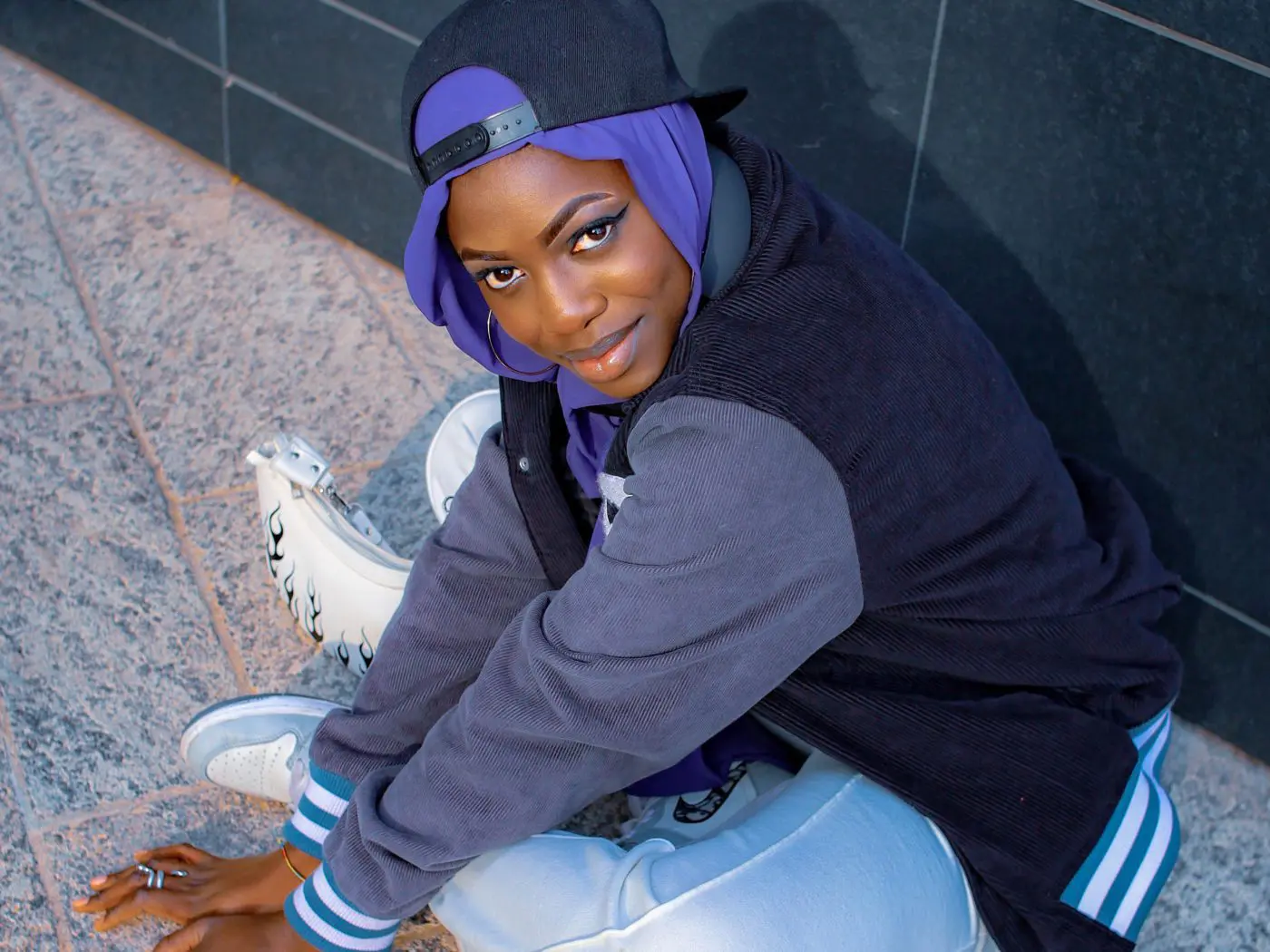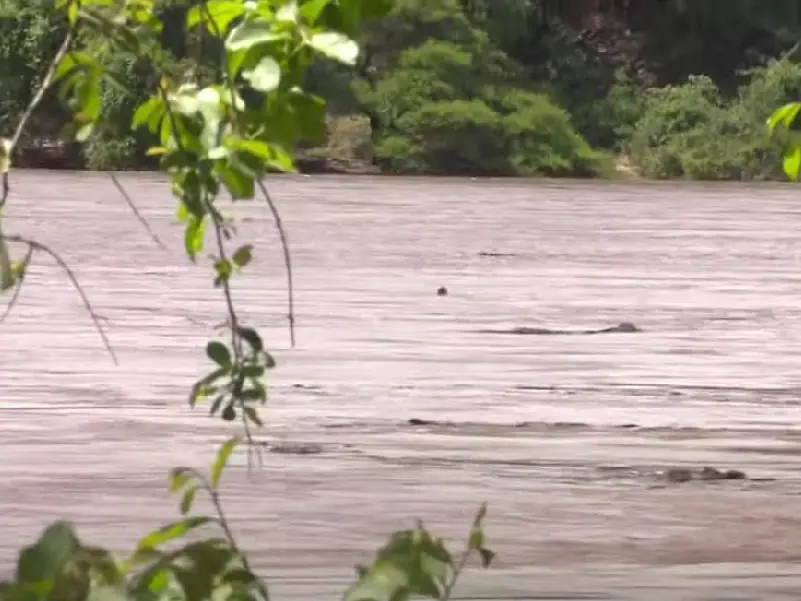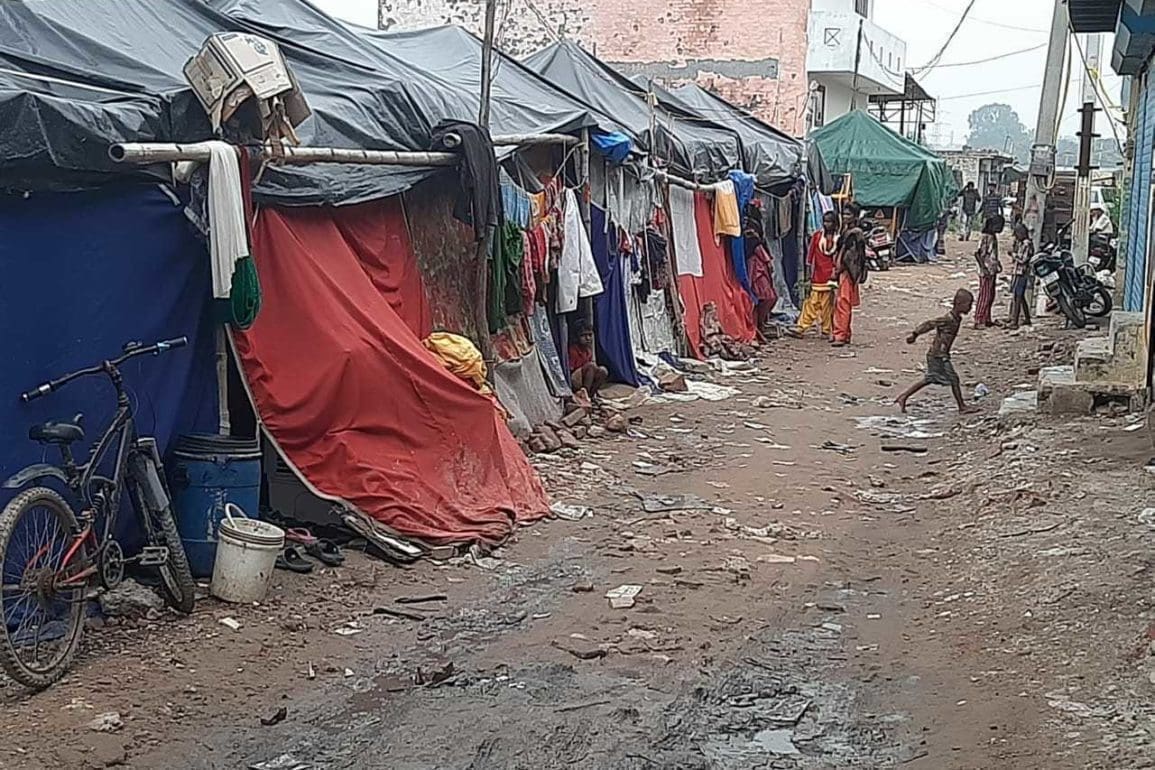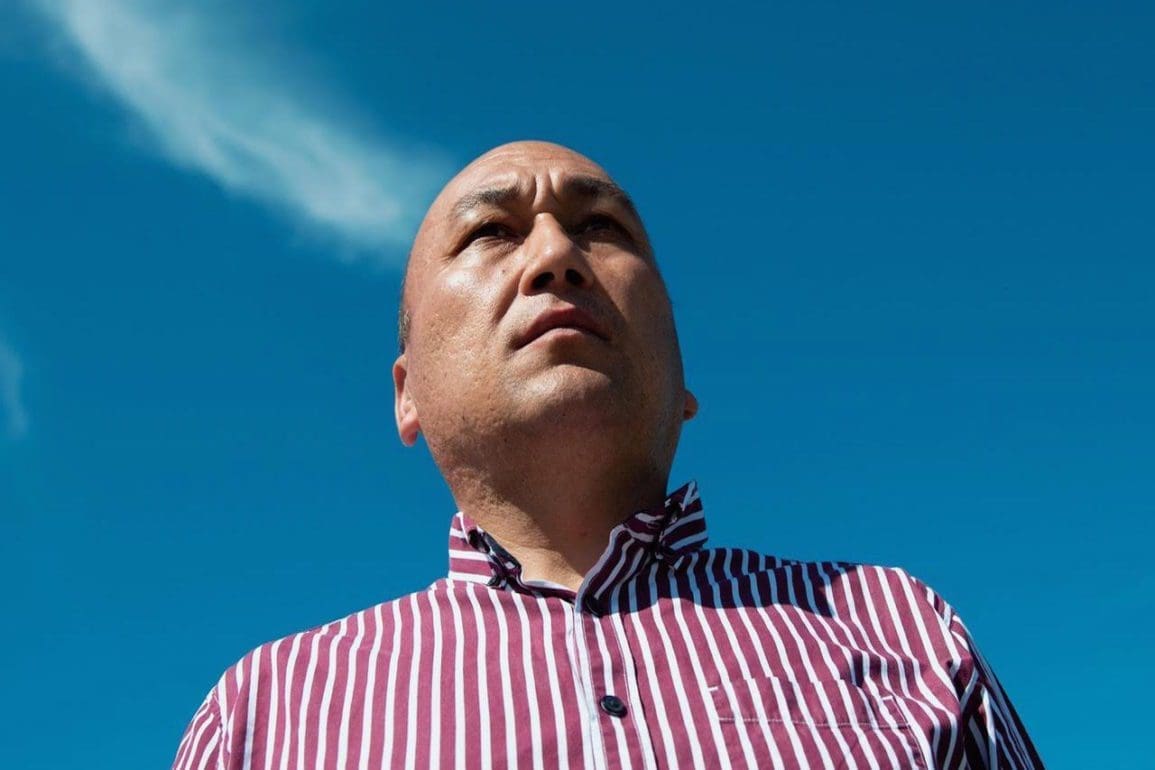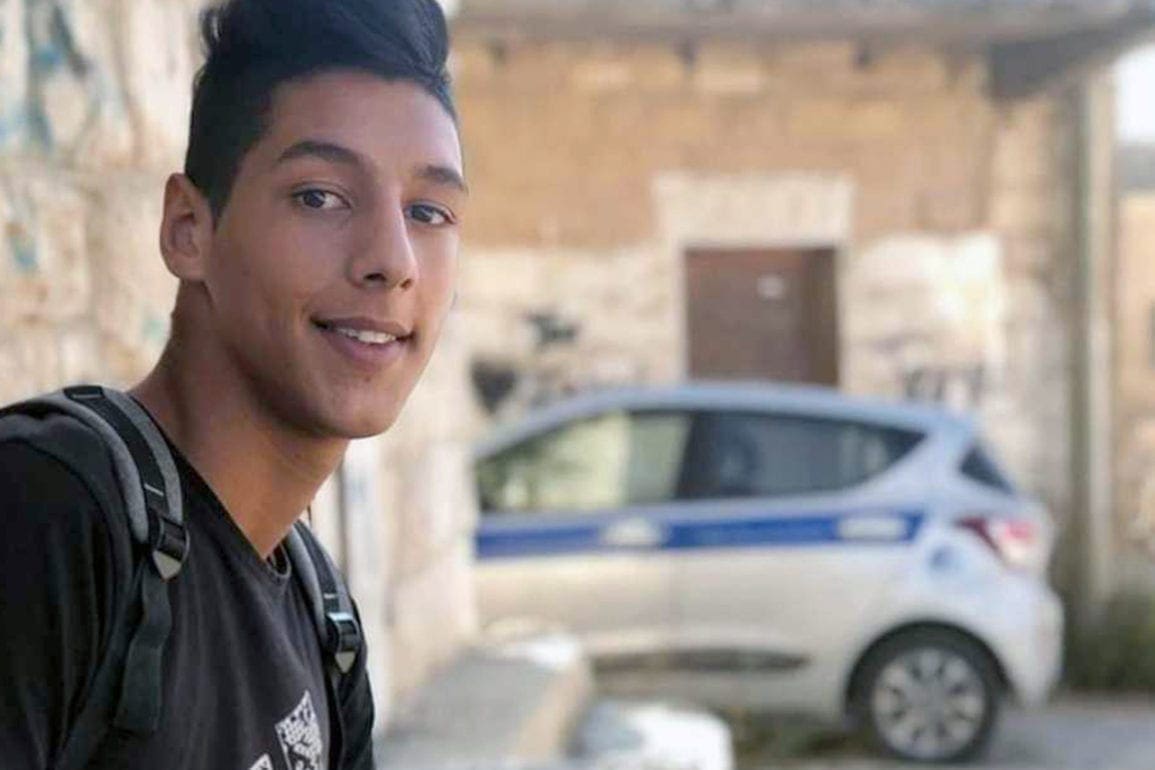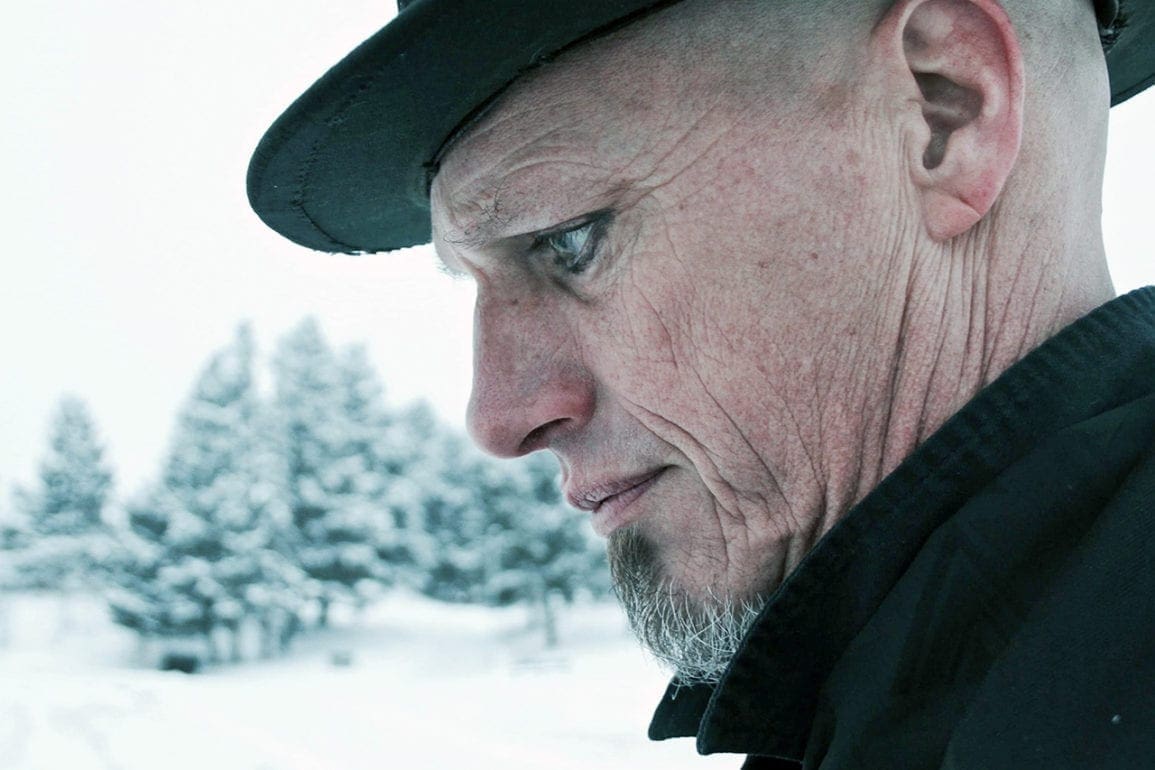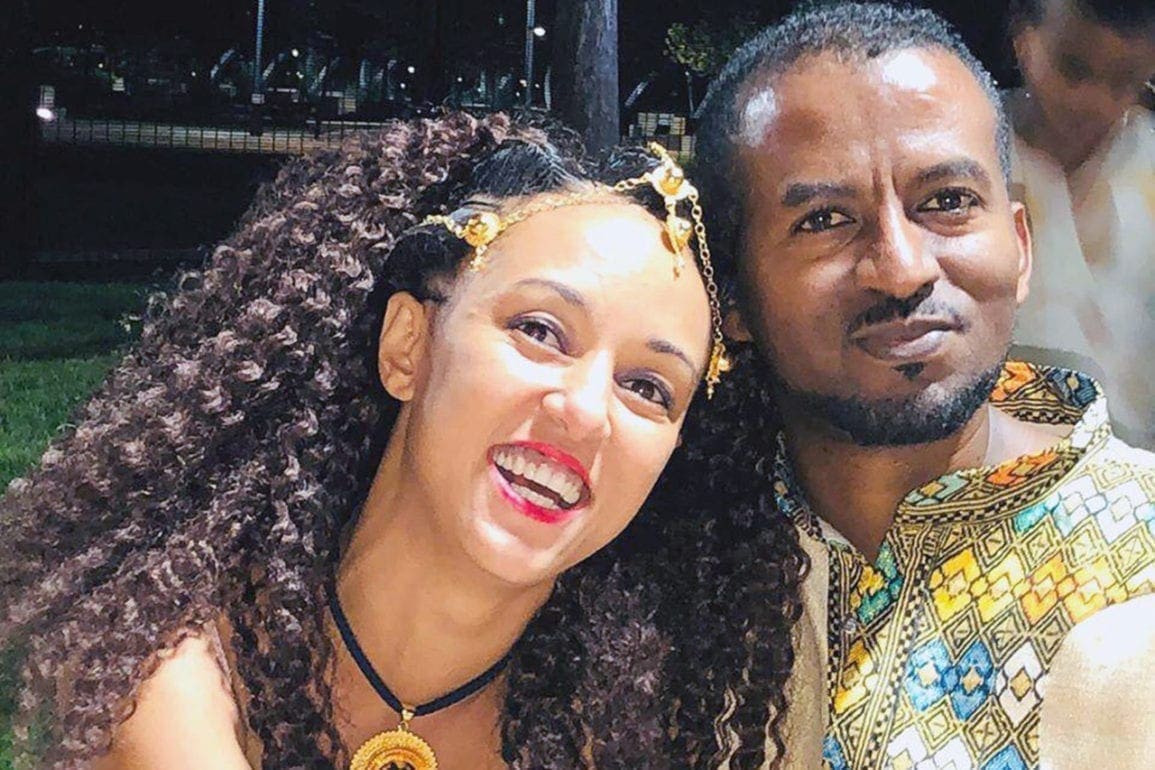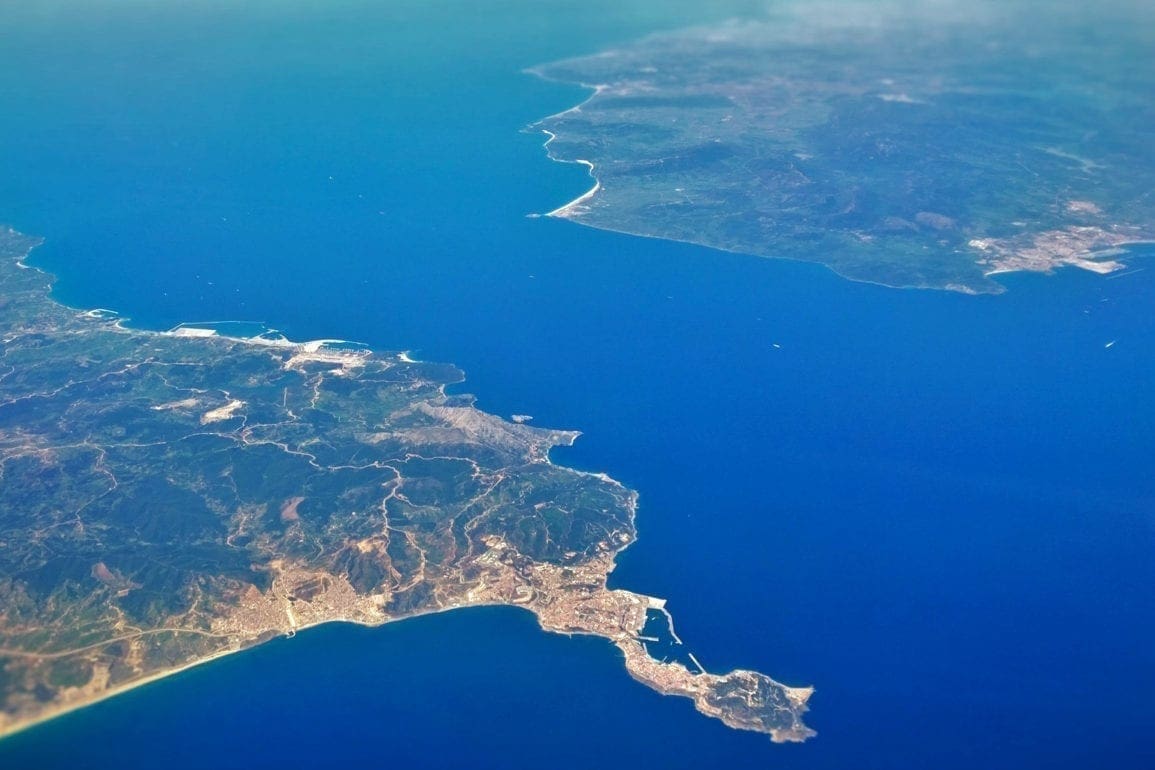Migrant Marcos Antil crossed the border alone at 14, gives back to Guatemalan youth
Everything changed when I saw my mother three days later. Seeing her, I regained all my strength. I cannot remember the words we exchanged or if we cried, but she hugged me tight in her arms and I finally felt home.
- 2 years ago
November 15, 2022
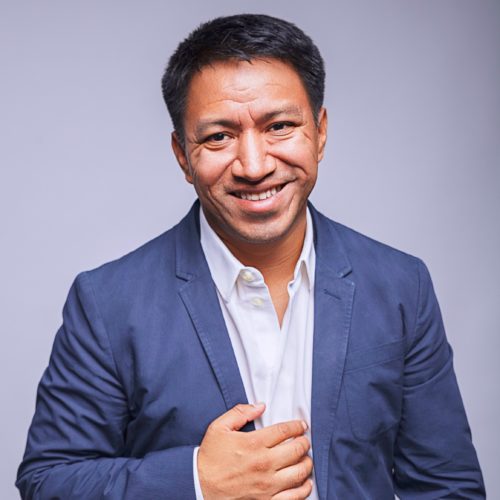
GUATEMALA CITY, Guatemala ꟷ At 14 years old, I crossed the border from Mexico into the United States. During the entire journey from Guatemala, I felt constant fear. Tears continuously ran down my face. We traveled by car, then bus, and I could not understand why I had to hide. Why did I travel alone while others had their families?
After this journey, I would come to miss my friends, aunts, cousins, and the people who cared for me in Guatemala when my family left me alone. I would miss the corn tortillas, walking in town after school, and playing with my friends. However, I knew one thing throughout my migration. I just wanted to be with my mom, dad, and family.
Multiple attempts to move through Mexico into the United States
Fear and uncertainty marked multiple attempts to migrate from Guatemala to the United States. As the youngest and smallest of my group, I struggled to understand what was happening, yet no one took advantage of my situation. We had no time to annoy or harass one another. We shared the hardship of the journey.
On my first attempt, I crossed the border between Guatemala and Mexico legally on a tourist visa. I only had a certain number of days to be in the country, and I stayed in the Mexican border city of Tuxtla Gutiérrez. The officials soon caught me and sent me back home. I tried again and this time, they locked me in a house.
Read more heartbreaking and uplifting stories about immigration from Orato World Media.
Finally, I left my home a third time with two people pretending to be my parents. As a minor someone must have signed my paperwork for a tourist visa, but I do not know who. I remember how fun it felt to memorize the address of a hotel and the phone number of people who could help us if something went wrong.
The individuals who prepared us to cross explained how to take a taxi in the U.S. and what it would cost. The entire time, as I cried my eyes out, I put my faith in God. Even people who did not believe turned to faith to make it through. It seemed the only way to carry such a heavy burden. We constantly worried about the possibilities, and a sense of calm eluded us. We did not have one minute of peace.
Young migrant makes it into his mother’s warm embrace
Shockingly, unlike many migrants, I did not face a single danger, and nobody treated me poorly. When I finally crossed the border into the United States, I had mixed feelings. I felt happy at the prospect of seeing my mother, but uncertainty consumed me as we hid from place to place.
After so much struggle, when I made it to my family, I expected a big welcome and a party with food. That did not happen. While my family looked happy, their reception seemed cold. They asked how it went, as if I had always been there and my arrival was routine. My mother was missing from the group, having just given birth to my brother, and I came to understand life in the United States moved very fast. Everyone did what they had to do.
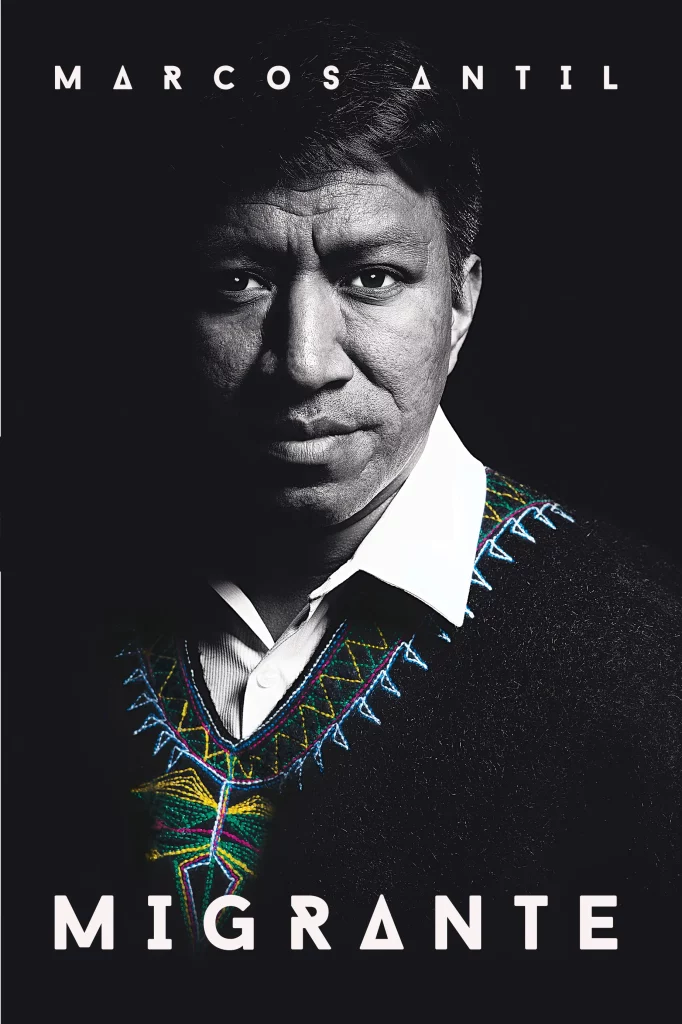
Today I can make better sense of that welcome, but at 14 years old, it made me so sad. I thought, “I crossed the border. I suffered to arrive here, and nothing.” Fortunately, everything changed when I saw my mother three days later. Seeing her, I regained all my strength. I cannot remember the words we exchanged or if we cried, but she hugged me tight in her arms and I finally felt home.
Seeing my mother felt like completing a cycle. Life goes on. I made it to my family and pretended nothing happened. I had no time to think about what to do. For a migrant, you arrive, and you walk forward. This is what means for us to come to the United States.
Racial profiling leads to unfounded accusations, young man graduates from college
As a young Guatemalan in a new country, I soon faced episodes of racism. It seemed to take more energy to give attention to those actions, so I did my best to ignore it. If a job helped me pay rent or buy food, I did it, regardless of the environment. Then, something terrible happened.
While attending college, news spread of the Unabomber. The man, eventually identified as Theodore John Kaczynski, sent letters containing explosives to officials as a form of domestic terrorism. One day, I went to the post office to mail a gift to a friend in Los Angeles. Inside the box, I placed a crystal chandelier.
The lady at the counter racially profiled me and told the police I could be the Unabomber. Suddenly, policemen and FBI agents showed up at my school. They treated me terribly. Despite knowing my rights, I felt great fear. I knew I did nothing, but they put me in a police car – something I never thought could happen. After all, I was not a criminal.
That experience happened solely based on my appearance and it hurt me more than anything else. The police never apologized, and I walked away without saying a word. Inside, I felt anger and deep disappointment.
During those years, there were days I felt like I could no longer face the challenges in front of me. Most of my disillusionment came when I had to work and study full time. I struggled to pass classes and without them, I could not graduate. I internalized the pressure of being the first in my family to attend university. They looked to me as an example, and I felt consumed by fear and worry, but I made it to commencement.
Giving back to youth so they can thrive at home in Guatemala
Looking back, the hardest part of being a migrant was separation from family. Forced migration remains a unique experience, where families must move quickly and often not together. It causes a breakup of the family unit; it tears you apart from the people you appreciate most. To me, it remains the greatest sacrifice a family can make.
While I live in the United States, I remain a proud Guatemalan. Even when I was illegally in Mexico and had to say I was from there, I told people I grew up in Oaxaca because it had a large population of indigenous people like me. I always held onto my identity.
Because of my suffering, I made a promise to myself while standing at the border. I wanted to prevent other children and young people from going through an experience like mine. In 2008, I established a company in Guatemala to employ many young people. I give them an opportunity to be successful at home, so they do not have to migrate.
Today, I focus on young people and entrepreneurship because the Guatemalan dream is possible. Micro and medium-sized enterprises make up 85 percent of the Guatemalan economy. I want to make a difference in that sector.
Some people ask if I could one day be President of Guatemala. So far, it has not been my goal, but I have the gift of serving. I believe the call to serve comes at precisely the right time. My dad served as a mayor and community leader. My mom bears the gift of service as well.
Today, my form of service comes in the form of inspiration. I believe great strength lies within the capacity to inspire others. To the young people of Guatemala, I say, “Everything is possible – from crossing a border to achieving a goal.” I set myself as an example.

